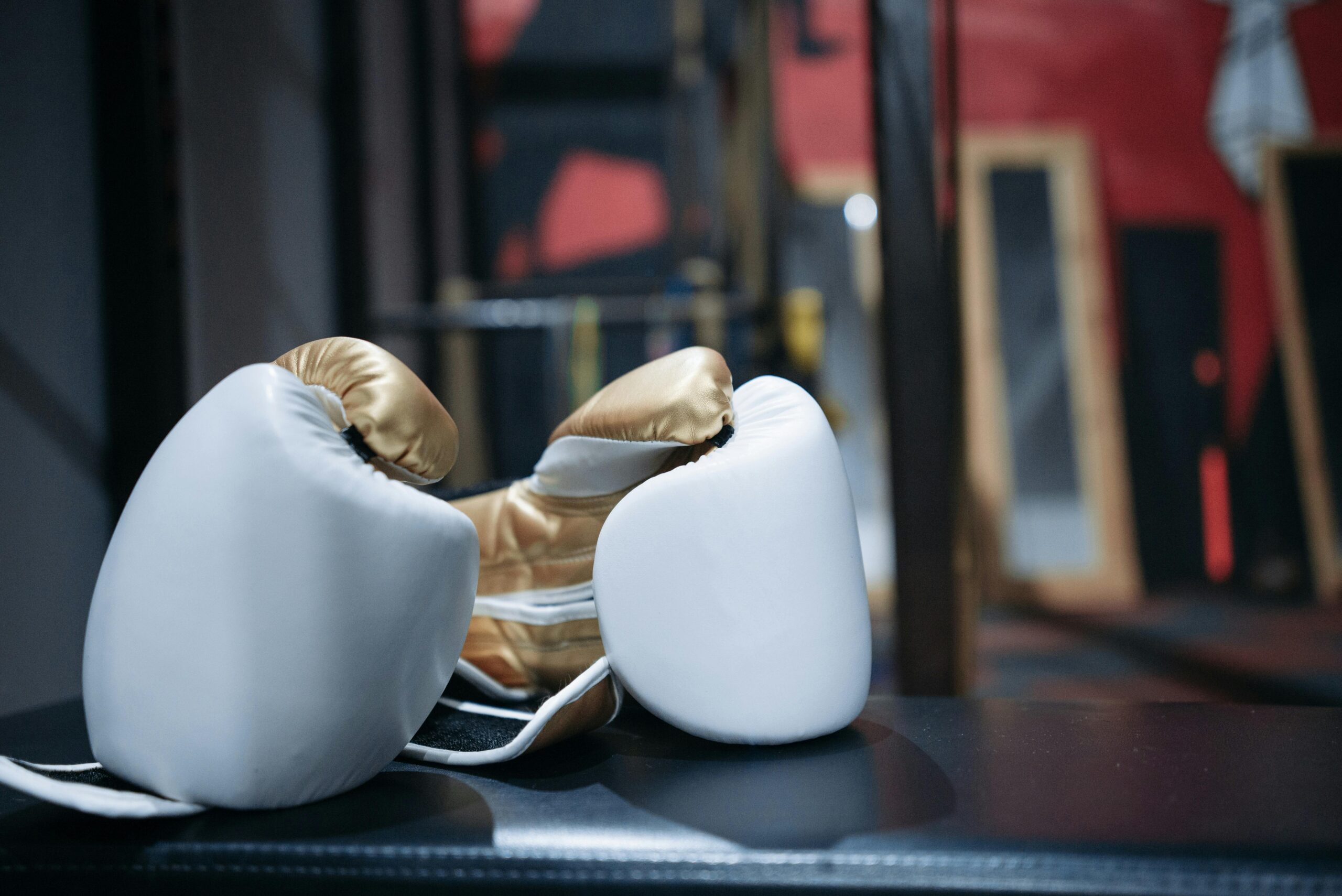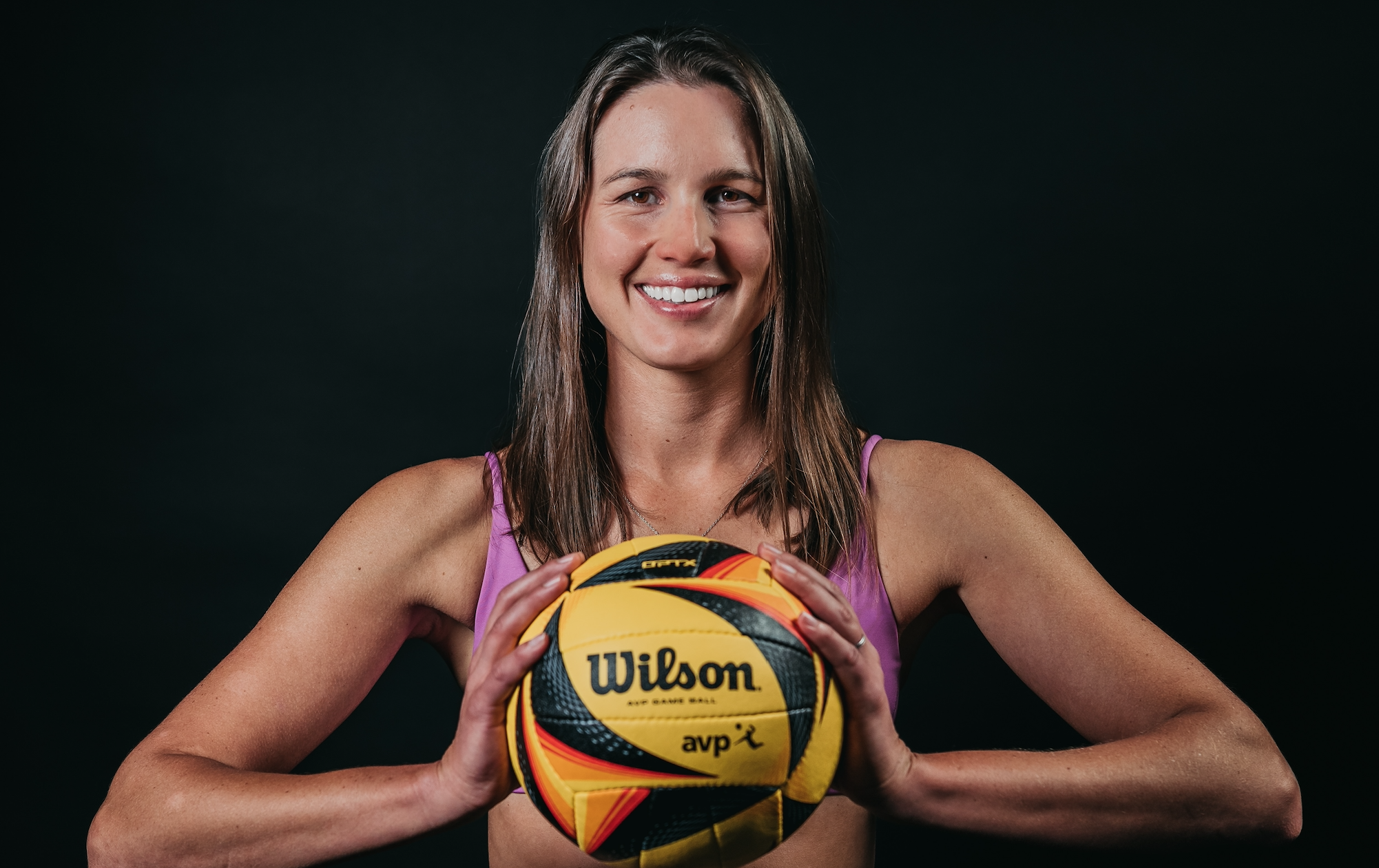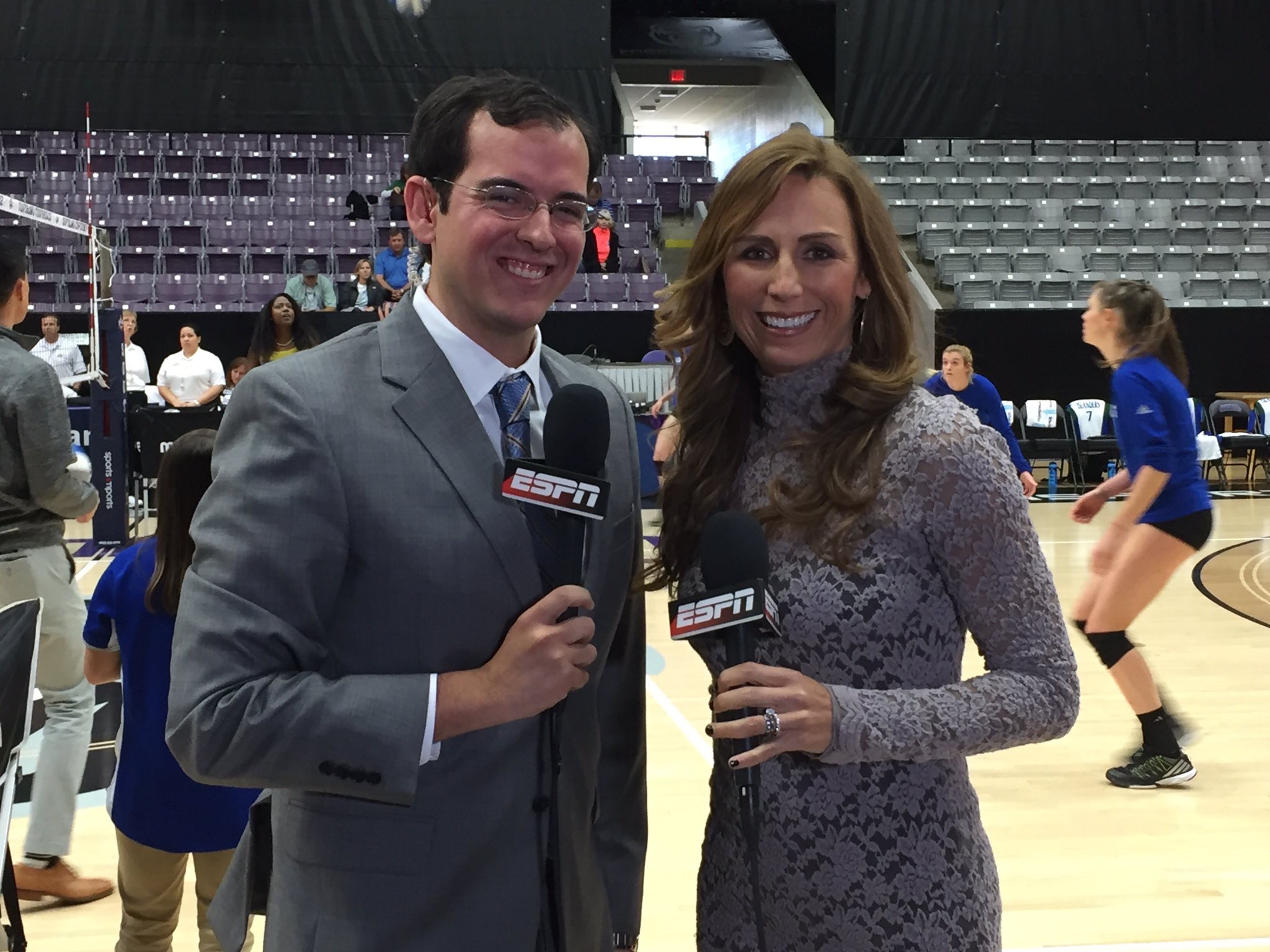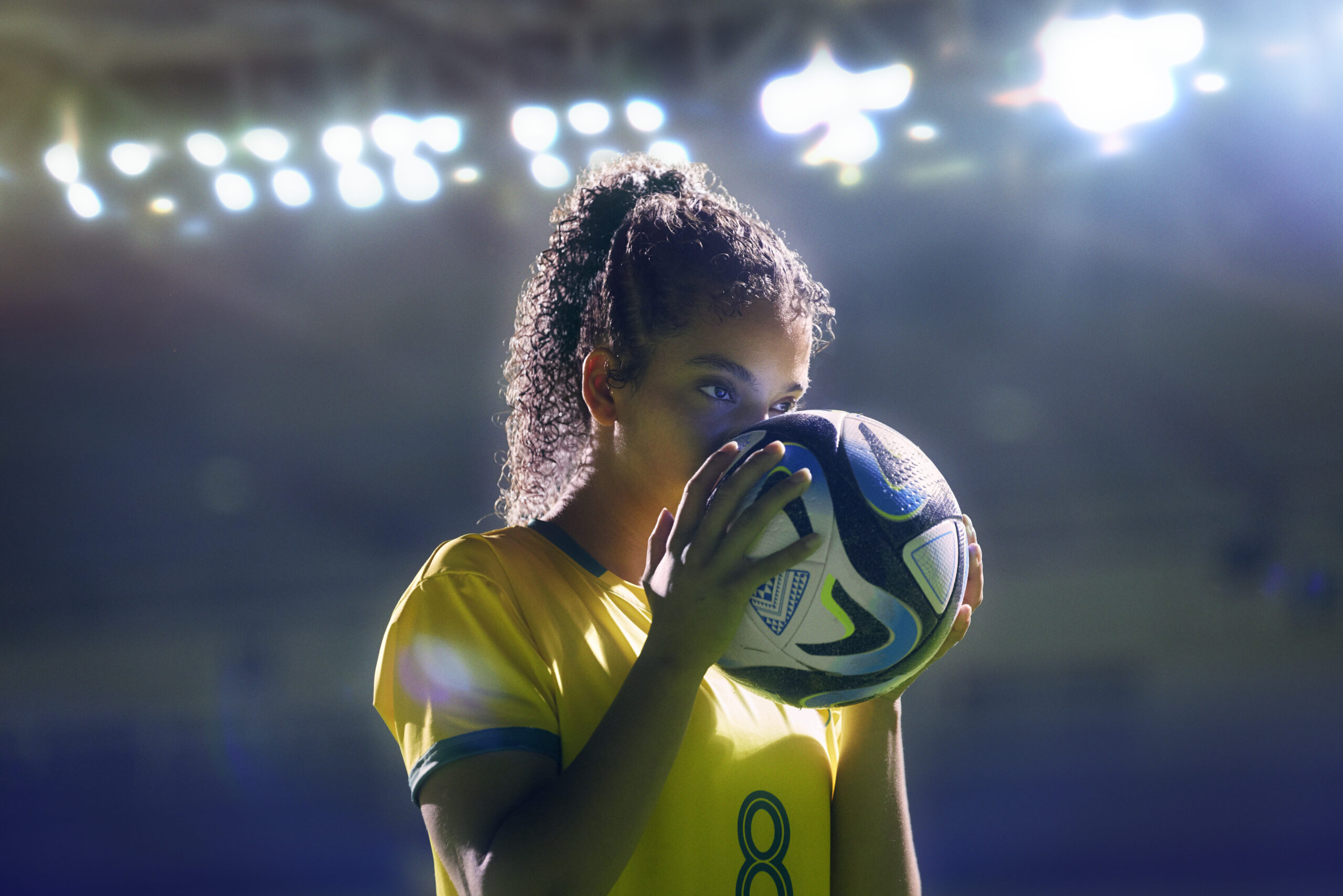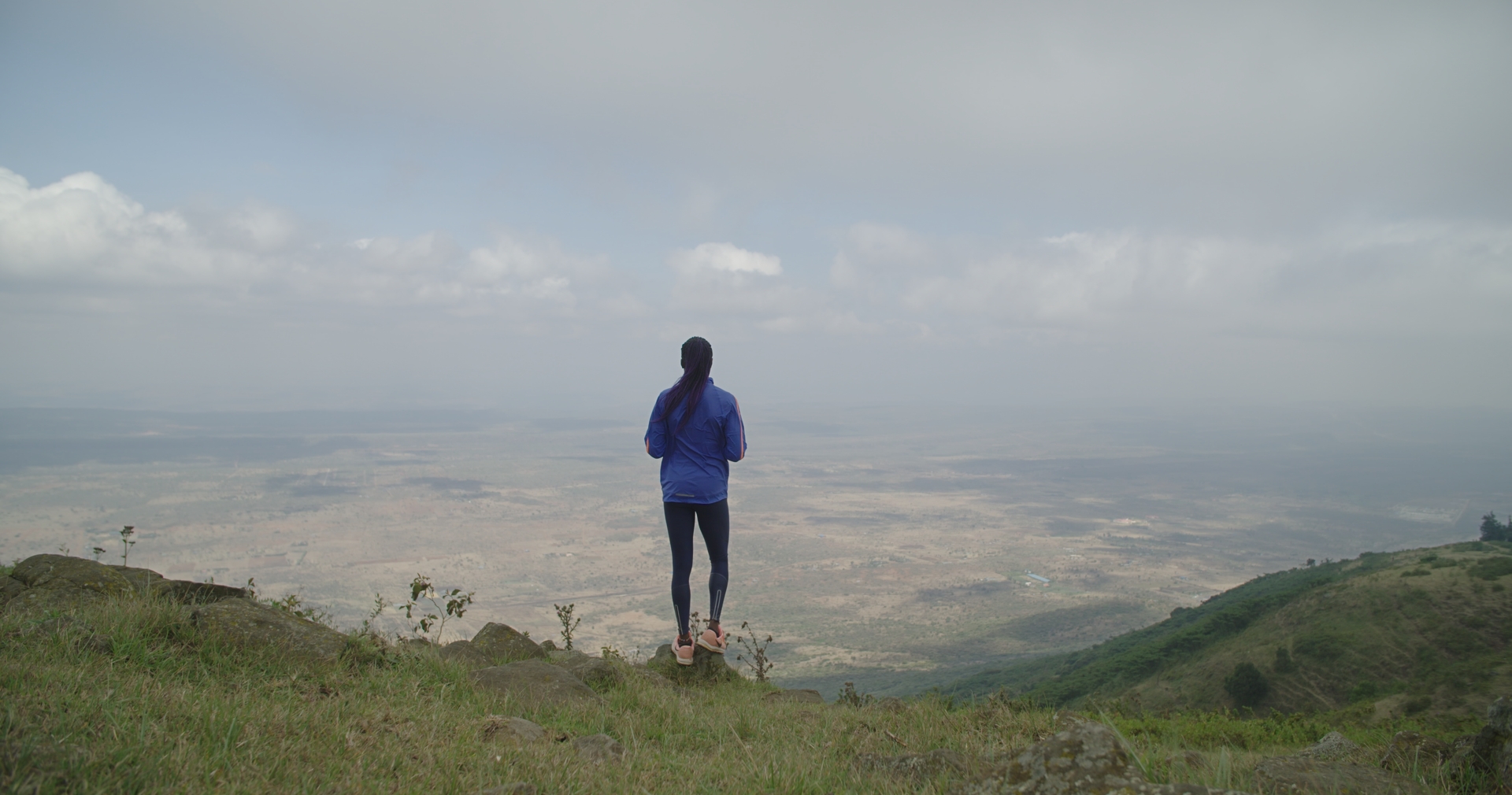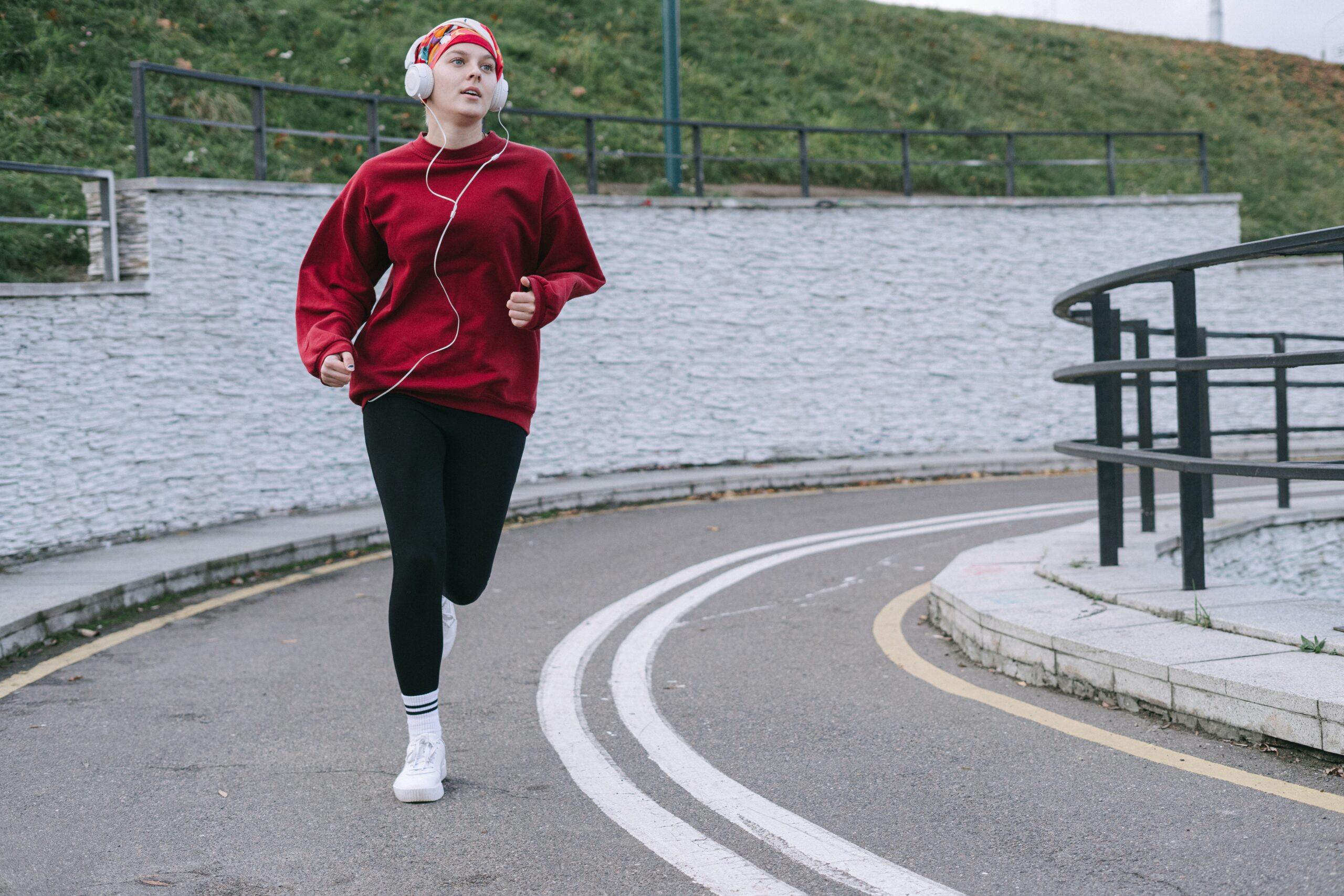Has Mike Tyson ever been called a “male boxer” or is his title void of any gender reference because it’s pretty damn obvious he is a guy? What about Manny Pacquiaco? Nope, he too is just called a “professional boxer” sans male reference.
So why is that when female athletes are talked about in the media or in society there is always a specific mention to their gender? Is it because people think of male athletes as the “norm” and females are just another smaller niche category that can’t be talked about in the same way, despite being professional athletes?
Something’s gotta change, and it needs to be the language we use in everyday culture. Boxing gear and clothing company Everlast are packing a punch with this new video breaking down why the statement “I’m a boxer” can be used the same way for women as it is men.
Director Claire Edmondson, a Toronto-based filmmaker, was inspired to write the script from her own personal experiences of constantly being referred to as a “female director,” instead of just “director.”
In an interview with Huffington Post she said she wants to inspire and empower young girls with the message in this video.
“I’m hoping that they feel encouraged to stick with whatever they are doing, even if it feels a little hopeless at times, and for them to know they do matter.”
“I imagine a world where it doesn’t matter if you’re a boy or girl,” actress Makayla Maxwell who plays the young boxer says in the voiceover. “What matters is how well you play.”
“Don’t call me a female boxer,” she says. “I’m a boxer.”
Two highly skilled boxers appear in the Everlast spot. One is Lisa “Bad News” Brown, who has held several world titles, and the other is Mandy Bujold, who will represent Canada in this summer’s Pan Am games and hopes to compete in the Olympics.
It is well-known that women don’t always make as much money being a professional athlete in some sports as men do. Tennis is one of the only major sports in the world where they have recently brought in equal pay for men and women in two out of the four grand slams after Venus Williams and executives at the WTA fought for it.
Not only to women get a shockingly low amount of media coverage of their sporting events, which in turn affects sponsorships and salaries, but there are still some Olympic events where women are not allowed to compete, or have only recently been allowed to compete such as weight-lifting and ski-jumping.
The documentary ‘Fight Like A Girl‘ by former boxer and filmmaker Jill Morley explores the bleakness of being a female boxing champion. She interviews Maureen “Mo” O’Shea, who was Hilary Swank’s body double in all the fighting scenes for ‘Million Dollar Baby’ and Melissa Hernandez, both of whom talk about the juxtaposition of being champions but not getting paid for it.
One of the biggest misconceptions is that audiences don’t want to see women fight.
“This is still a very old school way of thinking. If you go to a fight that has women on the card, you will see the women fight with such passion and skill, that it becomes the most exciting fight of the night. I have seen this over and over. However, the “old guard” doesn’t want to give them a platform. They still say that “People don’t want to see women fight.” Truthfully, these are usually old guys,” said Jill Morley.
She also says this has been proved wrong in a major way with the presence of Ronda Rousey in the UFC, who is said to be drawing in bigger audiences for her fights than a lot of the men.
The moral of the story? Don’t label anyone a female anything. Gender labels don’t define us. Let’s lose the stereotypes and narrow vision when it comes to women accomplishing something that has traditionally been seen as a “male” area.
Well done Everlast for entering the ring of female empowerment advertisements!














